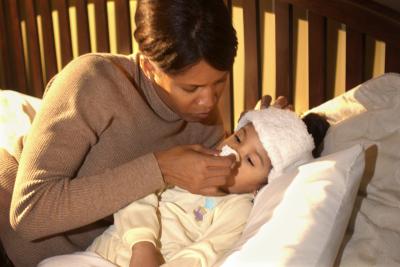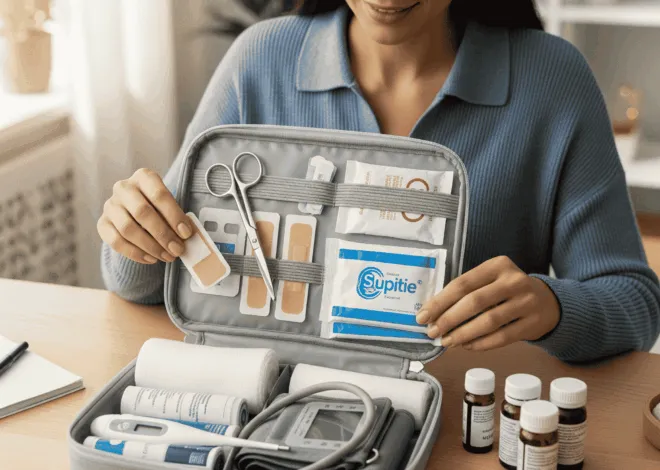It’s hard as a parent to see your toddler coughing, especially if that coughing is keeping her up at night. You might be tempted to reach for some cough medicine to help her sleep. It’s important, however, to resist the urge to treat your toddler’s cough with over-the-counter medications. In 2008, the U.S. Food and Drug Administration issued a warning that cough and cold medicines marketed for children can have serious side effects in children under the age of 2.
Function
Coughing is a protective, reflexive action made by your body in response to a potential irritant. As dirt, dust, mucus or germs enter the airways, the muscles in your chest and abdomen contract forcefully to expel the irritants and keep your airways clean. Coughing is a symptom of an underlying issue. Such issues can range from nasal allergies to respiratory diseases.
Types
There are four main types of coughs, and each is treated with a different cough medicine. Traditionally, dry coughs have been treated with a cough suppressant. Productive coughs — those that produce phlegm — are treated with an expectorant, which helps break up and expel mucus. Strong, persistent, wet coughing is treated with both a suppressant and expectorant. Coughs with nasal congestion are sometime treated with a cough syrup that contains a decongestant, which helps dry up the excess mucus. Remember that none of these are approved for use in toddlers, according to AskDrSears.com.
Significance
Cough medicine, along with cold medicine, is not considered safe for use in toddlers because the side effects can be serious and life-threatening, although rare. These include unconsciousness, rapid heart rate, convulsions and even death. All of the side effects are linked to overdoses.
Treatment
Treat your toddler’s cough in other, safer ways. Place a cool mist humidifier in his room to moisten the air, and raise the head of his bed, which will help her breathe easier. If the cough is “croupy” or sounds similar to a barking seal, try taking him into the bathroom and letting him sit in hot steam for at least 20 minutes. Cool water or other nonacidic drinks can soothe a throat sore from coughing. Saline drops in his nose can loosen mucus safely, and ibuprofen or acetaminophen will relieve pain caused by irritated sinuses.
Expert Insight
The U.S. Food and Drug Administration is not the only organization to issue a warning against the use of over-the-counter cough or cold medicine in toddlers. The American Academy of Pediatrics also recommends against the use of these medications for children under the age of 3, unless prescribed by a doctor. Even so, the majority of doctors recommend that parents avoid using cough medicines in toddlers, according to AskDrSears.com and Cleveland.com. Very rarely, a doctor will prescribe an expectorant for a toddler who has serious complications with phlegm blocking the airways, such as in the case of children who suffer from cystic fibrosis. Still, this is not always effective, according to Medscape Today.





